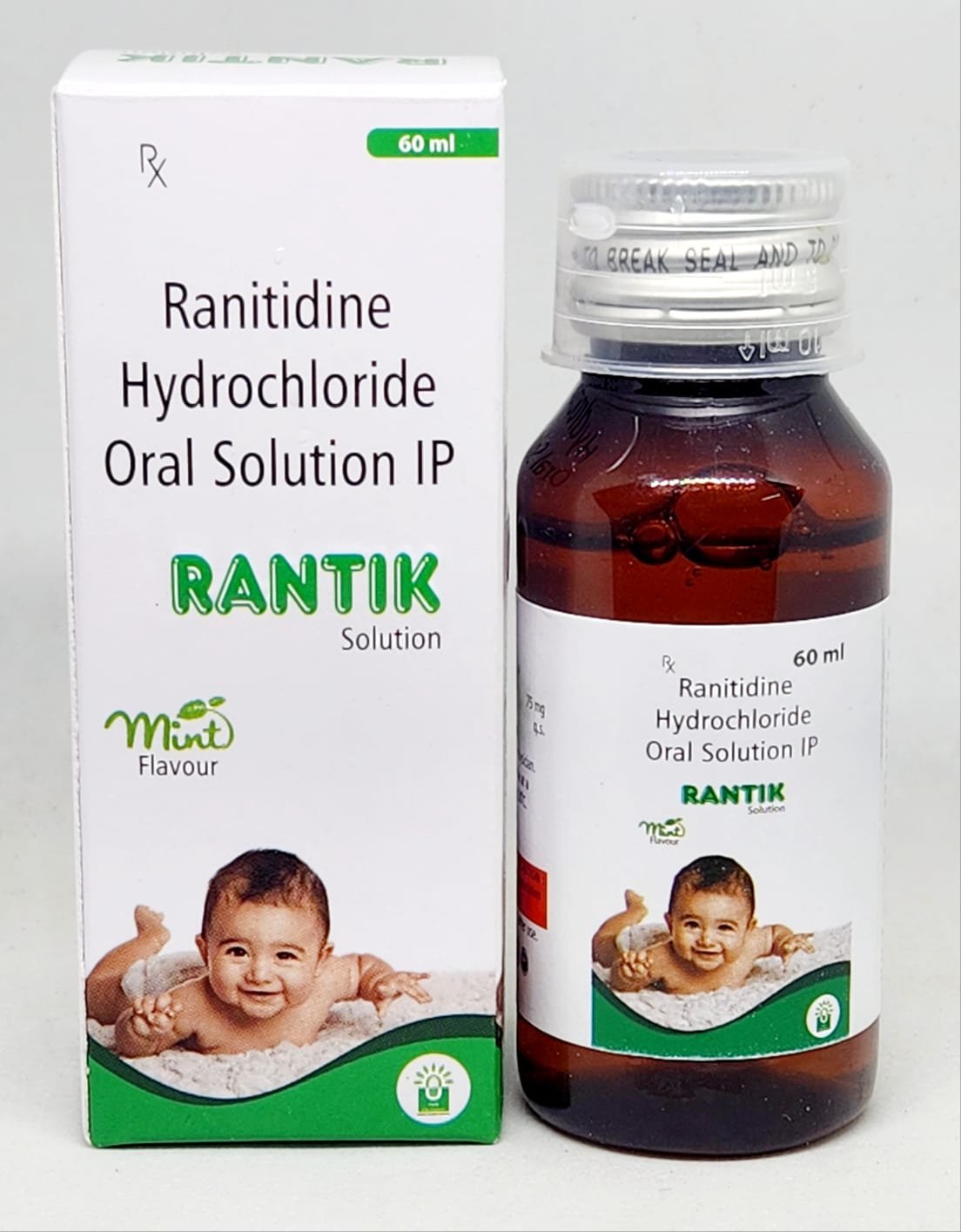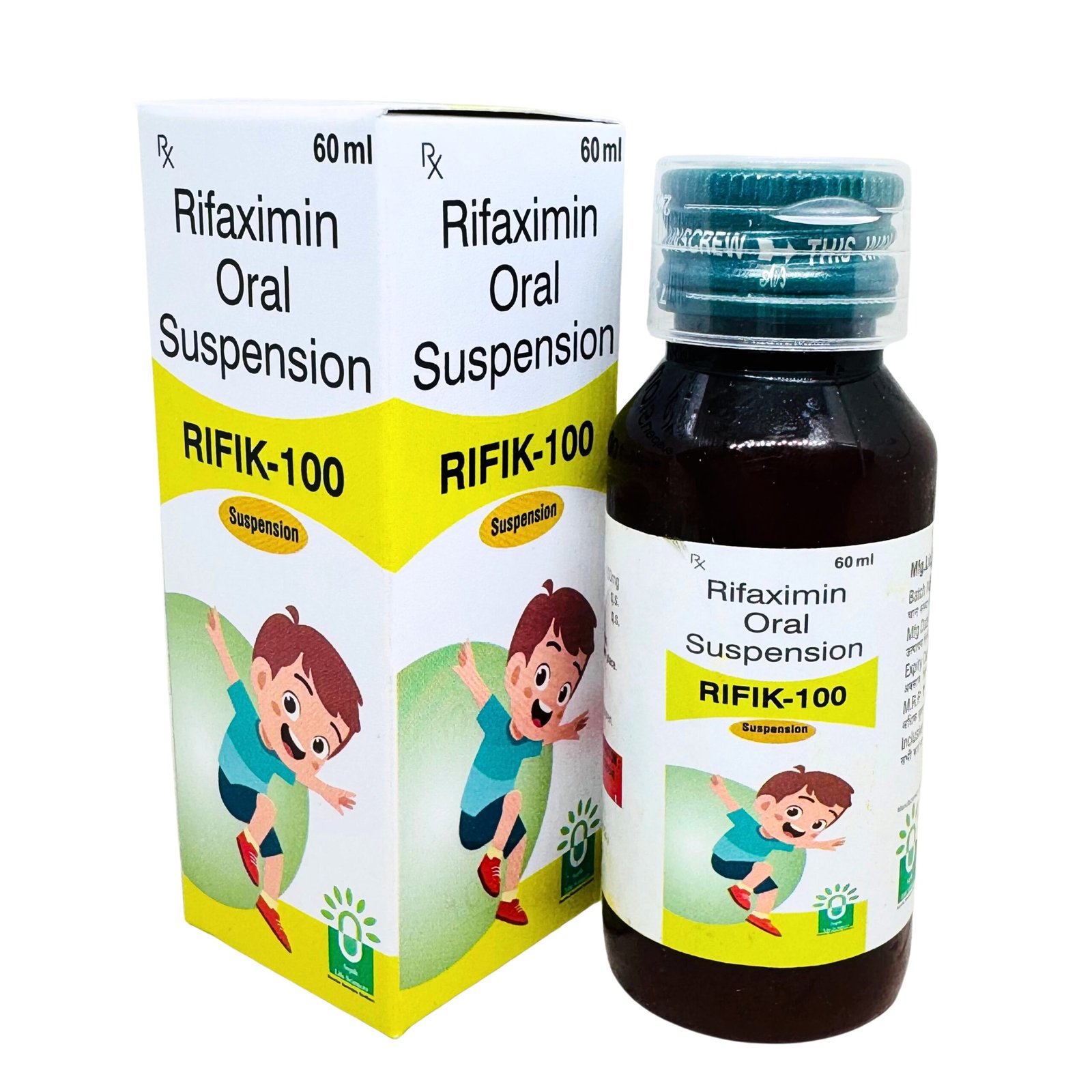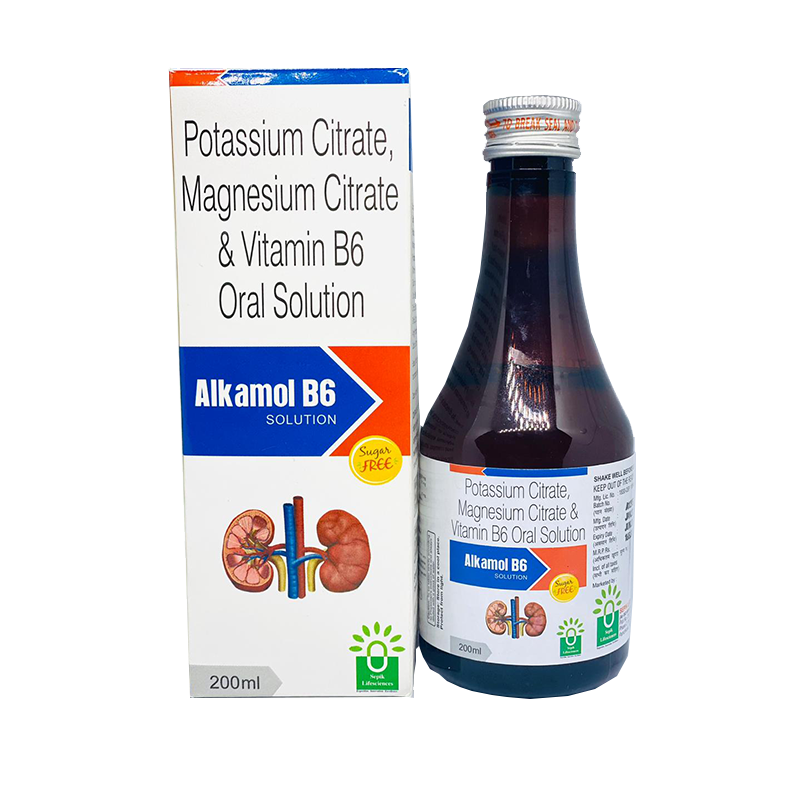
QUIKCET KID SYRUP: Levocetirizine 2.5 MG
May 26, 2023
SEPICLO PT4: Aceclofenac + Thiocolchicoside + Paracetamol Tablets
May 26, 2023RANTIK SYRUP: RANITIDINE (75MG/5ML)
₹80.00
RANTIK SYRUP
Composition: RANITIDINE (75MG/5ML)
Packing: 60ML WITH MONO
Expert Advice on Ranitidine (75 mg/5 ml Syrup)
Ranitidine belongs to a class of medications called H2-receptor antagonists, which reduce stomach acid production. It is commonly used to treat and prevent various gastrointestinal conditions. Below is expert advice for its safe and effective use.
1. Key Uses
- Acid Reflux/Heartburn:
Relieves symptoms of acid reflux and prevents heartburn caused by excess stomach acid. - Gastroesophageal Reflux Disease (GERD):
Treats GERD by reducing acid production, preventing acid regurgitation. - Peptic Ulcers:
Promotes the healing of stomach and duodenal ulcers and prevents recurrence. - Indigestion and Dyspepsia:
Provides relief from indigestion and bloating due to acid-related issues. - Zollinger-Ellison Syndrome:
Manages excessive acid production caused by rare conditions.
2. How Ranitidine Works
Ranitidine blocks H2 receptors in the stomach lining, reducing the production of stomach acid. This helps relieve symptoms like heartburn and promotes healing in acid-damaged tissues.
3. Dosage and Administration
- Typical Dosage for Adults and Children (Above 12 Years):
- 5 ml (75 mg) twice daily, or as prescribed by a doctor.
- For Children (1 Month to 12 Years):
- Dose depends on body weight and medical condition. Consult your pediatrician for exact dosing.
- How to Take:
- Take before meals or at bedtime for best results.
- Shake the bottle well before use.
- Use the measuring cup provided for accurate dosing.
Expert Tip:
Avoid exceeding the recommended dose or frequency unless advised by a healthcare provider.
4. Common Side Effects
Ranitidine is generally well-tolerated, but some individuals may experience:
- Headache
- Nausea or vomiting
- Constipation or diarrhea
- Dizziness
- Abdominal discomfort
Pro Tip:
If side effects are severe or persistent, consult your doctor for alternative treatments. Products Categories
5. Precautions and Interactions
- Medical Conditions:
Inform your doctor if you have:- Kidney or liver impairment
- Porphyria (a rare blood disorder)
- A history of gastric cancer (symptoms may overlap with acid reflux).
- Pregnancy and Breastfeeding:
- Generally considered safe, but always consult your doctor before use.
- Drug Interactions:
- Avoid combining with medications like warfarin, phenytoin, or ketoconazole without medical advice.
- It may interfere with the absorption of drugs requiring an acidic stomach environment.
6. Special Considerations for Safe Use
- Avoid Triggers:
- Limit consumption of spicy foods, alcohol, and caffeine, which can aggravate acid reflux.
- Lifestyle Adjustments:
- Eat smaller meals to reduce stomach pressure.
- Avoid lying down immediately after eating.
- Avoid Long-Term Use:
Long-term usage should be monitored by a doctor, as it may mask underlying conditions.
7. Lifestyle Tips for Better Results
- Elevate the Head While Sleeping:
Helps prevent acid from flowing back into the esophagus. - Stay Hydrated:
Drinking water helps neutralize stomach acid. - Maintain a Healthy Weight:
Excess weight increases pressure on the stomach, worsening reflux symptoms.
8. When to Consult a Doctor
- If symptoms persist beyond 2 weeks of use.
- Signs of serious conditions, such as:
- Blood in stools or vomit
- Unexplained weight loss
- Persistent chest pain or difficulty swallowing
Final Thoughts
Ranitidine (75 mg/5 ml syrup) is an effective and safe medication for managing acid-related conditions. Follow your doctor’s instructions, pair it with dietary and lifestyle adjustments, and monitor your symptoms regularly. If symptoms persist, seek medical advice for further evaluation and treatment.
Relieve acid-related discomfort with proper care and awareness!
Related products
-
RIFIK 100 Syrup
₹178.00 -
ALKAMOL B6 Syrup
₹175.00 -
IKCAL-D Syp
₹120.00




